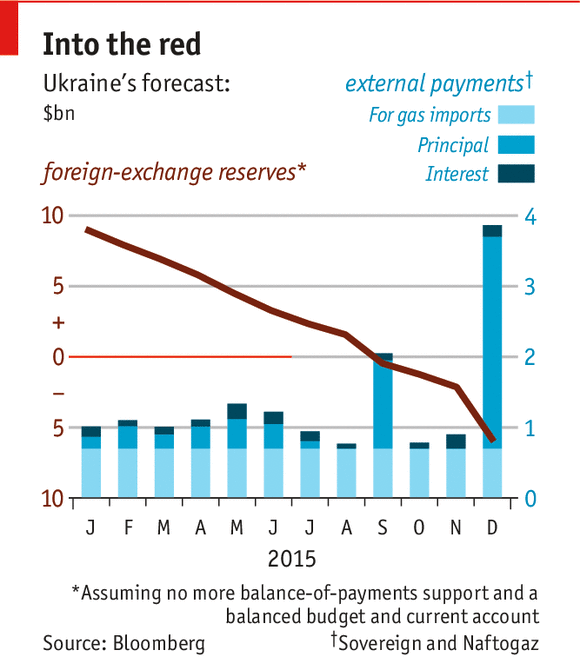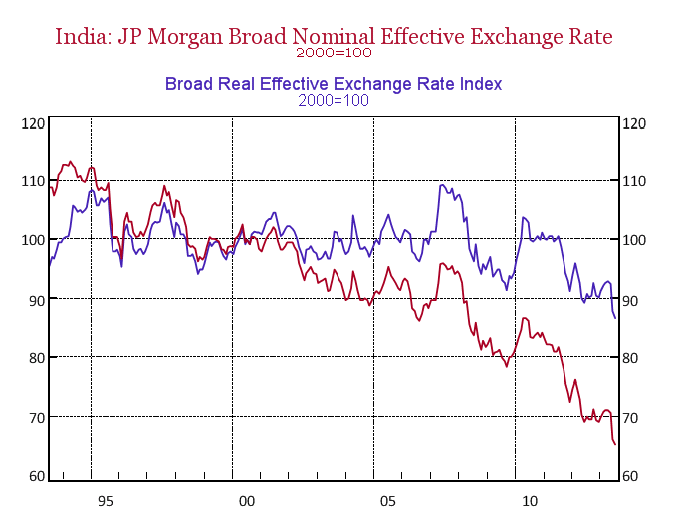Foreign Exchange and the Economy
Post on: 9 Октябрь, 2015 No Comment

Foreign Exchange and the Economy
Foreign exchange, alternatively known as forex or FX, is the trading of global currencies. Daily volume of trades in the foreign exchange market exceeds $ 1.5 trillion making it the world’s largest market.
Unlike stock exchanges or bond exchanges, which have physical locations, trading in the forex market is done on the interbank market, an informally organized exchange consisting of the world’s major banks. Trading is done round-the-clock, 24 hours a day, five days a week (Sunday evening to Friday evening), over the phone or through electronic networks joining banks and the buyers and sellers of currencies (largely corporations and individual investors). The major trading centers are New York, Tokyo, London, Frankfurt, Singapore, Zurich, Hong Kong, and Paris. The most traded currencies are the US dollar, the Euro, the Japanese Yen, the Swiss Franc, the British Pound, the Canadian dollar, and the Australian dollar.
The forex market was traditionally the realm of big corporations and major banks. But with the advent of online trading platforms and investment regulations, the once tight-knit market has opened its doors to smaller corporations and financial institutions, as well as retail investors.

The participants in the foreign exchange market can be grouped into four types: banks, brokers, central banks, and customers/investors. They trade in a number of reasons: 1. to earn profits by speculating on exchange rate fluctuations or price movements, 2. to acquire a foreign currency to be used in buying goods and services from those countries, and 3. to hedge them from losses brought about by exchange rate changes.
The foreign exchange’s effect to the economy as a whole is initially a macro experience and then goes down to the very basic unit of a national economy, the ordinary consumer. Since daily economic transactions involve currencies, the far-reaching effect of the foreign exchange market is immense as it is varied. In investments, the stocks and bond markets rely on the strength of an instrument’s currency value. International trade (exports, imports) uses currencies in every buying and selling. It also happens to governments in their borrowings and financing of government deficits, as well as equity ownerships. Foreign corporations also make do with forex trading outcomes in their foreign direct investment decisions. Given all these, a microeconomic spill over effect takes place. The ordinary consumer is then faced with pricey imported goods or a marked-down domestic produce (so as to compete with foreign products). Foreign exchange largely influences every individual or entity’s purchasing power, shaping day-to-day consumption decisions.
All of the content is Copyrighted














